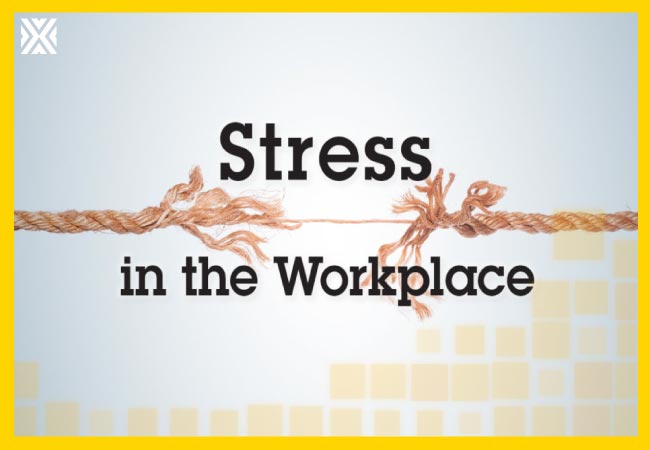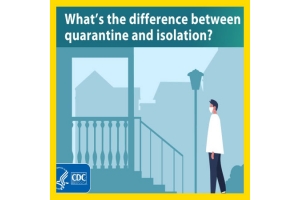Currency
November 07, 2021

Throughout the COVID-19 pandemic, stress levels among many workers have been through the roof. Studies have shown that between caregiving duties, job responsibilities and more, employees are feeling overwhelmed. And stress has been linked to health conditions such as cardiovascular issues, depression and obesity.
“Everyone experiences stress from time to time,” the National Institute of Mental Health says. “If you take practical steps to manage your stress, you may reduce the risk of negative health effects.”

● Recognize the signs of your body’s response to stress. This can include difficulty sleeping, increased alcohol and other substance use, being easily angered, feeling depressed, and having low energy.
● Try exercising. “Just 30 minutes per day of walking can help boost your mood and improve your health,” NIMH says.
● Explore meditation, muscle relaxation or breathing exercises. Set aside time in your daily schedule for these and other relaxing activities.
● Learn to say “no” to new tasks if you feel like you’re taking on too much. Decide what must get done now and what can wait.
● Know that you’re not alone. “Keep in touch with people who can provide emotional support and practical help,” NIMH advises. “To reduce stress, ask for help from friends, family or religious organizations.”
● Ask for help. “If you’re overwhelmed by stress, ask for help from a health professional,” NIMH says. “You should seek help right away if you have suicidal thoughts, are overwhelmed, feel you cannot cope, or are using drugs or alcohol more frequently as a result of stress.”
“Everyone experiences stress from time to time,” the National Institute of Mental Health says. “If you take practical steps to manage your stress, you may reduce the risk of negative health effects.”

Tips include:
● Recognize the signs of your body’s response to stress. This can include difficulty sleeping, increased alcohol and other substance use, being easily angered, feeling depressed, and having low energy.
● Try exercising. “Just 30 minutes per day of walking can help boost your mood and improve your health,” NIMH says.
● Explore meditation, muscle relaxation or breathing exercises. Set aside time in your daily schedule for these and other relaxing activities.
● Learn to say “no” to new tasks if you feel like you’re taking on too much. Decide what must get done now and what can wait.
● Know that you’re not alone. “Keep in touch with people who can provide emotional support and practical help,” NIMH advises. “To reduce stress, ask for help from friends, family or religious organizations.”
● Ask for help. “If you’re overwhelmed by stress, ask for help from a health professional,” NIMH says. “You should seek help right away if you have suicidal thoughts, are overwhelmed, feel you cannot cope, or are using drugs or alcohol more frequently as a result of stress.”









